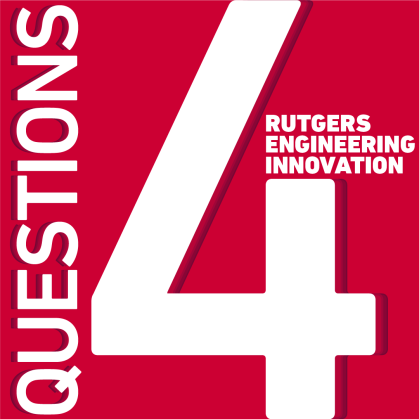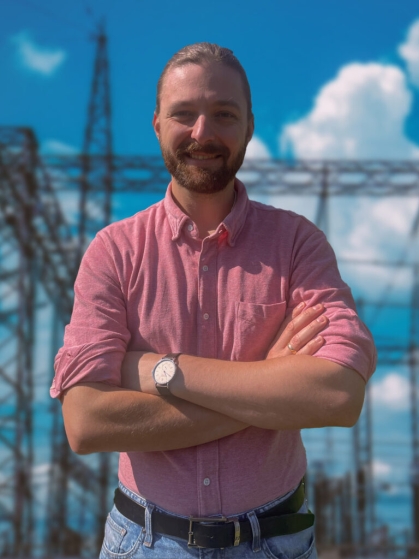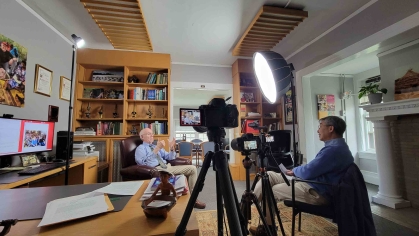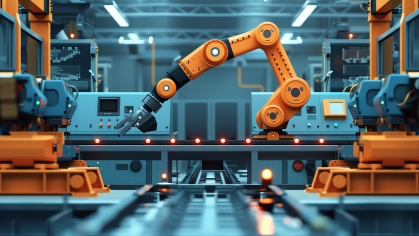Four Questions for Robert Mieth on the Reliability, Affordability and Planning of the Electric Power Supply
Before joining the Department of Industrial and Systems Engineering as an assistant professor in September 2023, Robert Mieth was a postdoctoral research fellow at Princeton University. Prior to that, he was a visiting researcher and postdoctoral researcher at NYU. His research focuses on operation and planning of renewable-dominant power and energy systems in the context of climate change.

What fueled your passion for Industrial and Systems Engineering?
I have always operated at the intersection of electrical engineering and systems engineering. I’m interested in the transformation of our power and energy system from one relying on fossil fuels to one relying on renewable and emission-free sources. It turns out that this transformation is only partially driven by technology, and to understand and facilitate it we need to also consider social and economic factors.
What is your current research focus?
My main research revolves around questions of how the electric power supply can remain reliable and

affordable in a decarbonized economy. I specifically focus on questions related to how we can create operational paradigms and market incentives that align with the characteristics of renewable energy sources, which, as opposed to conventional fossil fueled power plants, have no fuel cost but which cannot be controlled.
Who is most likely to benefit from your research?
Clean, reliable and affordable access to electric energy is a society-wide benefit. Some of the specific problems my research aims to address will most likely resonate with current challenges for power system operators, regulatory agencies, and electricity market stakeholders.
Where are you conducting your research?
The ISE department has been very welcoming, and I’ve received tremendous support for my research in my Reliability, Operation, and Planning of Power and Energy Systems (ROPES) Lab, which is part of ISE’s Energy Lab in Weeks Hall. The Energy Lab has equipment such as solar panels, batteries, a power electronic inverter, and a weather station, which will enable us to conduct real-life experiments testing new methods for renewable energy forecasting.
In the future, we’re planning to extend the lab with power system simulation equipment to test new methods and algorithms. Naturally, a lot of this work is only possible because of our great graduate and undergraduate students, with whom I am working closely on various projects.


